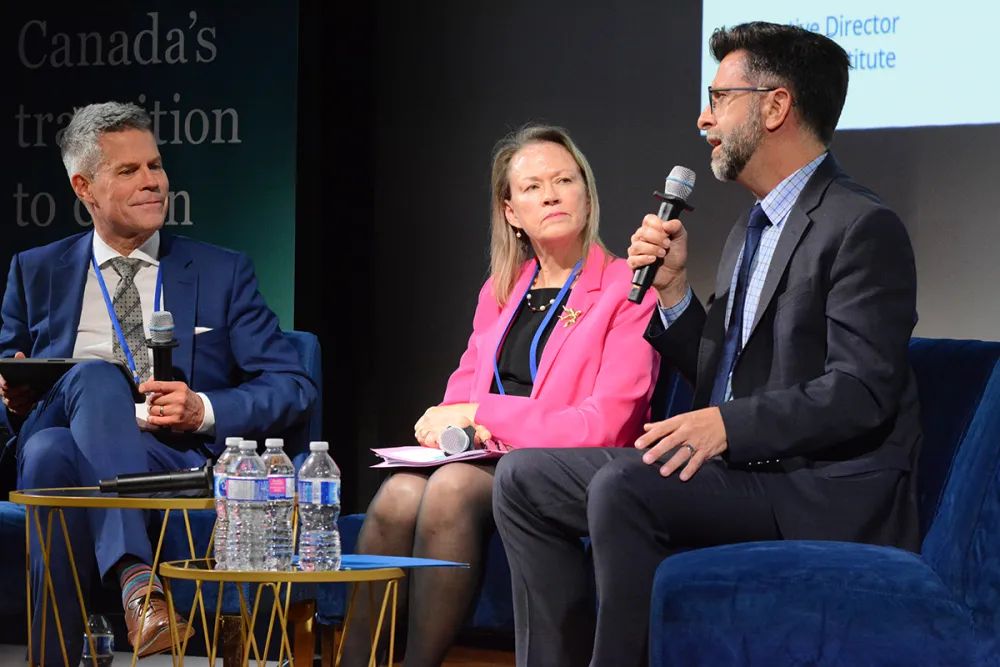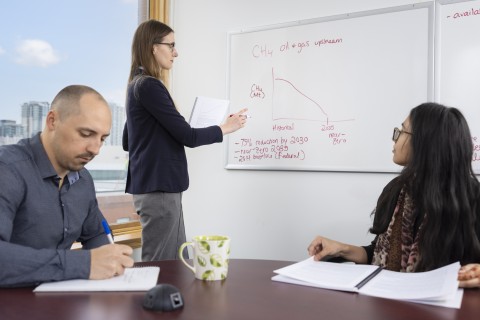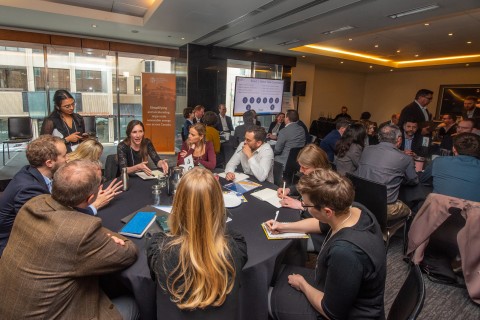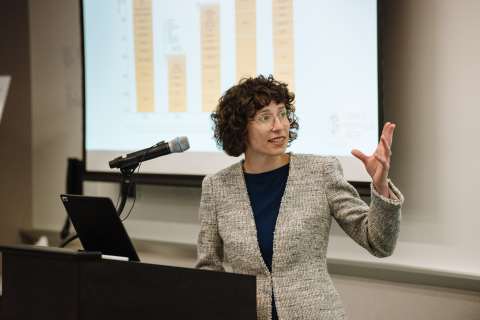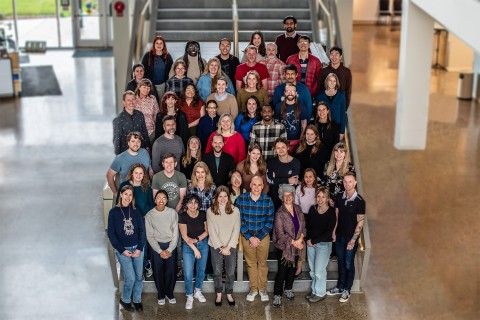Climate change threatens everyone.
The ways in which energy is created and consumed can either help or hinder our collective journey to net-zero. As longstanding leaders in the environmental movement, we drive change through evidence-based policy solutions.
It’s time to work together, to create safe, healthy and resilient communities by decarbonizing the economy.
